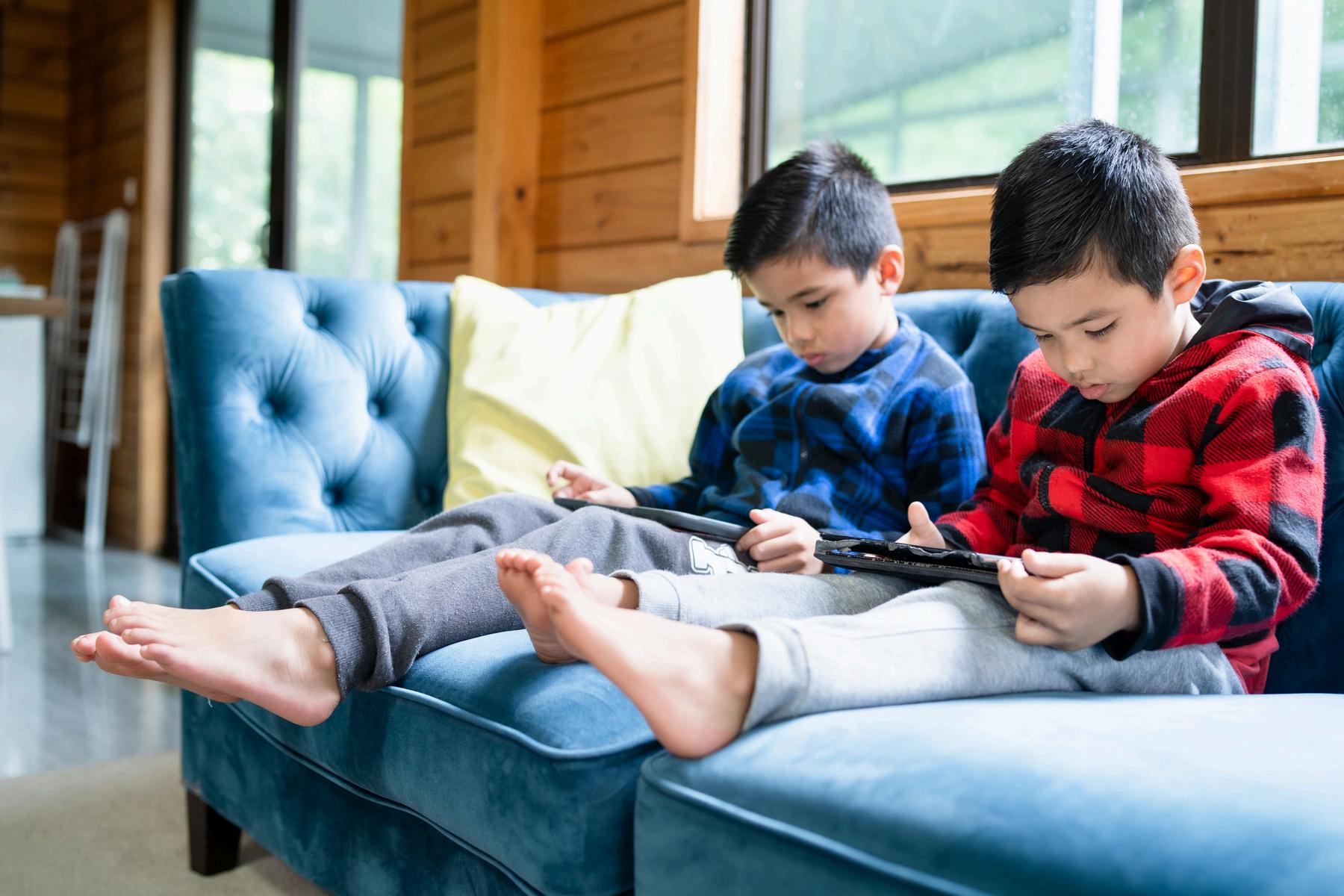
2 minute read
The Impact of Screen Time on Mental Health: What Parents Need to
Know
by the Ontario Psychological Association
It feels like children and adolescents are never far away from a screen. Computers, phones, laptops, and tablets. These devices offer education and entertainment while facilitating greater connectivity in communities across the world.
Yetexcessivescreentimehasbecomeagrowingconcern.Itfeelslikethetideisturningasphones arebannedinschools,andpediatriciansnationwideareincreasinglysoundingthealarmsaround screentime
Inparticular,afocusisdevelopingontherelationshipbetweenscreentimeandmentalhealth. Understandingtheseeffectsiscrucialforparentsastheyseektohelptheirchildrennavigatethe digitalworldsafely.
Screentimeisapartofourlives;childrenandteenagerscanfindgreatenjoymentandpositivity throughscreenuse.
Parents who try to limit screen time heavily will find it an impossible task, and doing so may remove some healthy, helpful activities. Yet, we do need to understand some of the risks associatedwithexcessivescreentimeanddowhatwecanasparentstomitigateagainstthem.
Let’s discuss the effects of excessive screen time on young people’s mental health. We’ll then providesomepracticaltipsformanagingscreenuse.
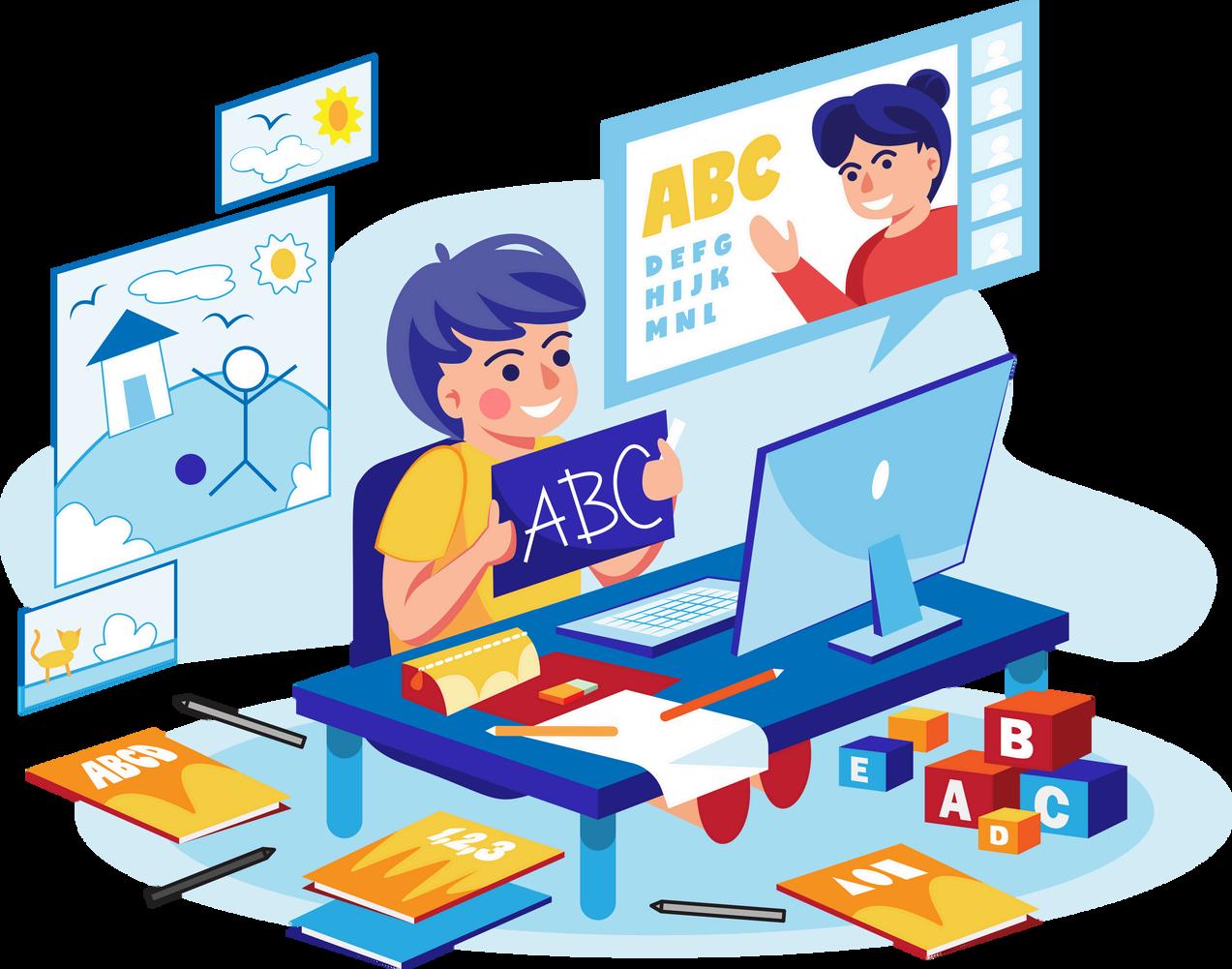
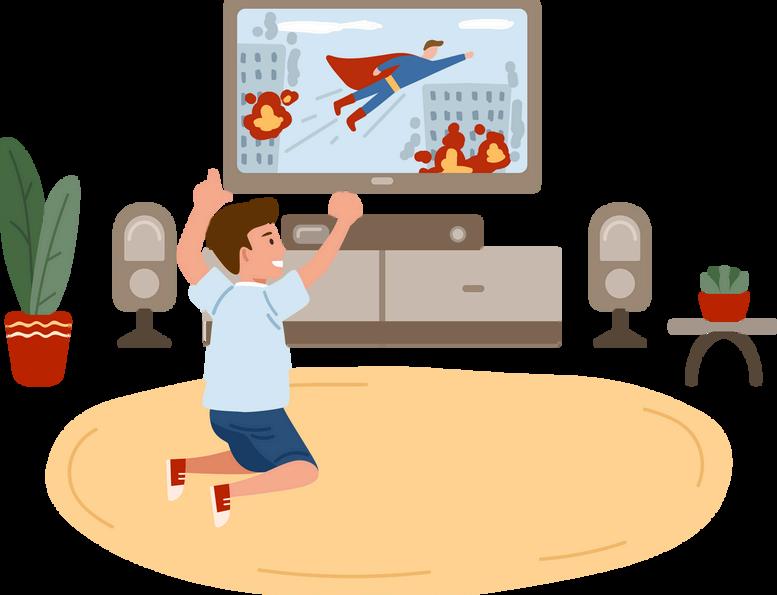
UnderstandingScreenTime
Screen time refers to any time spent using devices with screens –phones,tablets,computers,andTVs.Wecanbreakdownscreentime intothreemaincategories:
Educationaluse–Usingscreensforlearningpurposes,perhapsas partofschoolwork.
Recreational use – Using screens for gaming, watching videos, or browsingsocialmediasitesforentertainment.
Social use – Communicating with friends and family through messagingappsorvideocalls.
It’s important to differentiate between these three because nobody suggeststhatscreentimeisuniversallybad.Ofcourse,evenactivities listed as ‘recreational’ above, like gaming, could also be a social activity. The takeaway is that there’s no clear distinction between ‘good’and‘bad’screenuse.
The Impact of Screen Time on Mental Health cont'd
Still,abreakdownofscreenusecanberevealing.
Accordingtoa2022reportbyCommonSenseMedia,teenagersspendanaverageofmorethan8 hoursonscreensforentertainmenteveryday.Thisstatistichighlightsthesignificantrolescreens playinyouths'lives.Thisisnoteventakingintoaccountanytimespenton‘good’useofscreens, suchascomplementinglearningexperiencesorbuildingsocialconnections.
Theamountoftimeinitselfunderscorestheimportanceofunderstandingitsimpact
The Impact of Excessive Screen Time on Mental Health
Screen time can negatively impact mental health in several ways. The purpose here is not to oversimplify and demonize screen use or guarantee certain consequences. Instead, it’s about beginning a learning journey where we, as parents, take a more active role in understanding the potential effects of excessive screen use.
EffectsonSleep
Excessive screen time can disrupt natural sleep patterns, especially before bedtime Screens emit blue light that interferes with the body’s melatonin production,ahormonewerelyontoregulateoursleep-wakecycles
A study published in the journal Pediatrics found that increased screen time is associated with delayed bedtimes and fewer hours of sleep. The authors summarize:“Between50%and90%ofschool-agedchildrenandadolescents do not get as much sleep as they may need. The pervasive use of screenbasedmediaisalikelycontributortowidespreadsleepinsufficiency”.
There are still many unknowns. It's hard to tell if screen time directly causes sleepproblemsorifit'sjustrelatedtothem.Isitthebluelightissue?Isitthe potentially addictive qualities of social media? Or is it something else? What is clear is that screen time in the bedroom space leads to poorer sleep patterns The Canadian Pediatric Society suggests we avoid screens for at least 1 hour before bedtime, given the potential for stimulating and melatonin-suppressingeffects
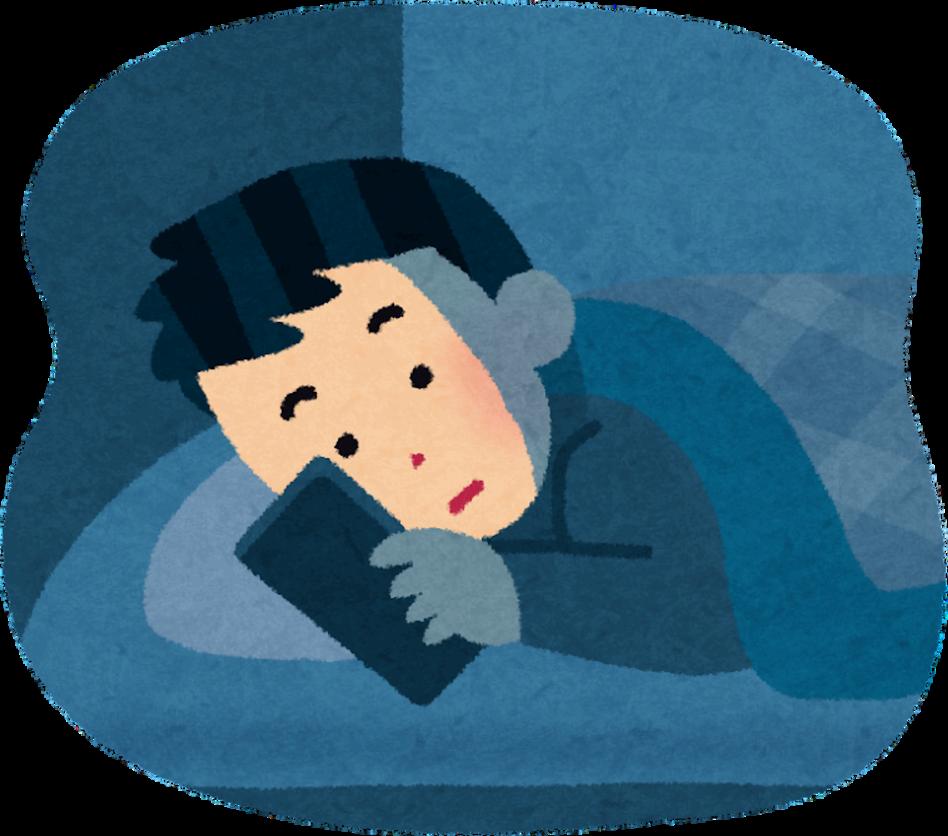
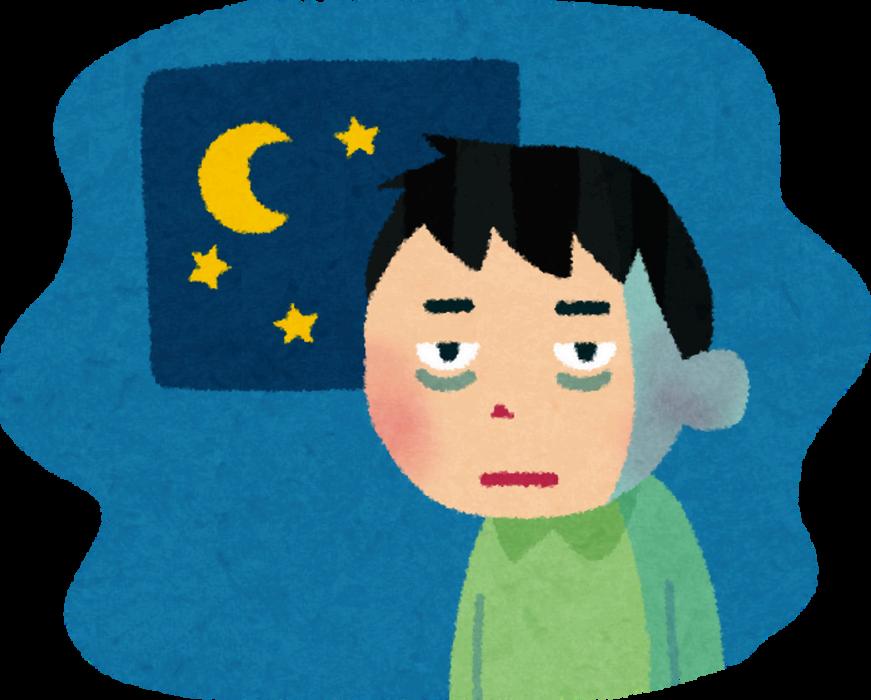
Getting enough sleep is vital for a child’s development and critical for mental health generally. Anything that is detrimental to a good night’s sleep is, therefore, harmful to a child, as insufficient sleep can lead to a whole host of other psychological problems.
Emotional, Behavioural, Social, and Cognitive Issues
Excessive screen time can negatively impact children’s and adolescents’ mental health and development in multiple ways It’s important to recognize that these effects vary across different age groups – preschoolers, children, tweens, and teens – each with unique vulnerabilities
Let’s explore how excessive screen use influences emotional, behavioural, social, and cognitive aspects at different developmental stages.










